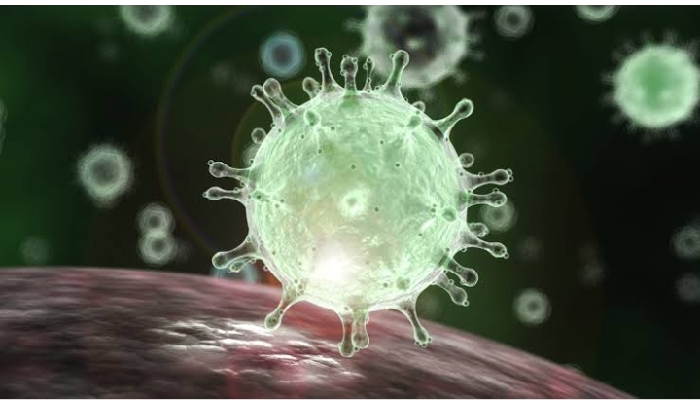New Delhi, May 31: A low pressure area formed over Arabian sea and Lakshadweep is likely to intensify further into a cyclonic storm and reach coastal states of Maharashtra and Gujarat next week, the Indian Meteorological Department (IMD) said on Sunday.
Sunitha Devi, in charge of cyclones at IMD, said, "A low pressure area has formed over southeast and adjoining east central Arabian sea and Lakshadweep area. It is very likely to concentrate into a depression during the next 24 hours and intensify further into a cyclonic storm during subsequent 24 hours."
She added, "It is likely to move nearly northwards and reach near north Maharashtra and Gujarat coasts by 3rd June."
A low pressure area and a depression are the first two levels on the IMD's eight-category scale used to classify cyclones based on their intensity.
The weather bureau said that the sea condition will be very rough and advised fishermen not to venture into the sea till June 4.
It has forecast heavy to very heavy rainfall over south coastal Maharashtra for June 2-4, on north coast on June 2-3 and in Gujarat, Daman and Diu and Dadar and Nagar Haveli on June 3-5.
IMD said that under the influence of likely formation of a low pressure system over Arabian Sea, conditions will become favourable from June 1 for onset of monsoon over Kerala.
The arrival date for monsoon in Kerala is around June 1 every year and in Maharashtra around June 10.
On Saturday, a private forecasting agency claimed that monsoon has already hit Kerala, but the assertions were quickly rebutted by the Ministry of Earth Sciences.
"The news about monsoon onset over Kerala in Social Media is not correct. Monsoon has not arrived over Kerala. The greatest enemy of knowledge is not ignorance, it is the illusion of knowledge a"Stephen Hawking," saidAMadhavan Rajeevan, Secretary, Ministry of Earth Sciences.
Kuldeep Srivastava, the head of IMD's Regional Weather Forecasting Centre said that the formation of a low pressure system in Arabian sea and its movement towards Gujarat coast will bring moisture to Delhi-NCR and North West India from June 3.
Two storms are forming over the Arabian Sea, one lies off the African coast and is likely to move over Oman and Yemen, while the other is placed close to India.
The development comes almost ten days after 'Amphan' pummeled four districts of Bengal in the fiercest cyclone in the region in a century, that left 86 people dead and rendered ten million people homeless.






Comments
According to IMD alert appeared in some newspapers on 31 May 2020 , a cyclonic storm is brewing in the Arabian Sea , which is likely to reach coastal districts of Gujarat and Maharashtra by 3 June. It is expected that the these States would take more care and appropriate strategy well in time to combat the likely danger to the coastal districts from cyclonic storm designated as ‘Nisarga’. In this context , it may be apt to refer readers to this Vedic astrology writer’s predictive alerts in article - “ Predictions for coming year 2020 by kushal kumar” - published last year 2019 on 10 October at theindiapost.com/articles/predictions-for-coming-year-2020-by-kushal-kumar/. The related text of the predictive alert reads as follows in the said article :-
“ The next three months from April to June 2020 , appears to be a period of time testing ‘patience’ and ‘ perseverance’ , introducing several parts of the country to worrisome concerns. Coastal States of India , particularly those in the southern part , may be called upon to take more care and appropriate strategy against likely cyclones , storms , floods , coming of danger via sea , landslide and damage to crops during April-June in 2020. Such dates of month of May as 6 , 7 , 13 to 16 , 25 and 26 may be watched with care. Similarly , the dates 3 , 4 , 11 to 13 , 21 , 22 and 26 in June 2020 may be watched with care. Coastal States /UTs such as Gujarat , some parts of Maharashtra ……………………………………look to be vulnerable. It may be apt for them to take necessary precautions during May-June , 2020”.
The aforesaid details suggest that the predictive alert of this writer published last year 2019 on 10 October , is coinciding with the alert of IMD appeared near about 31 May , 2020.
Kushal kumar ,
202- GH28 , Mansarovar Apartments ,
Sector 20 , Panchkula -134116 , Haryana.
1 June , 2020.
Add new comment